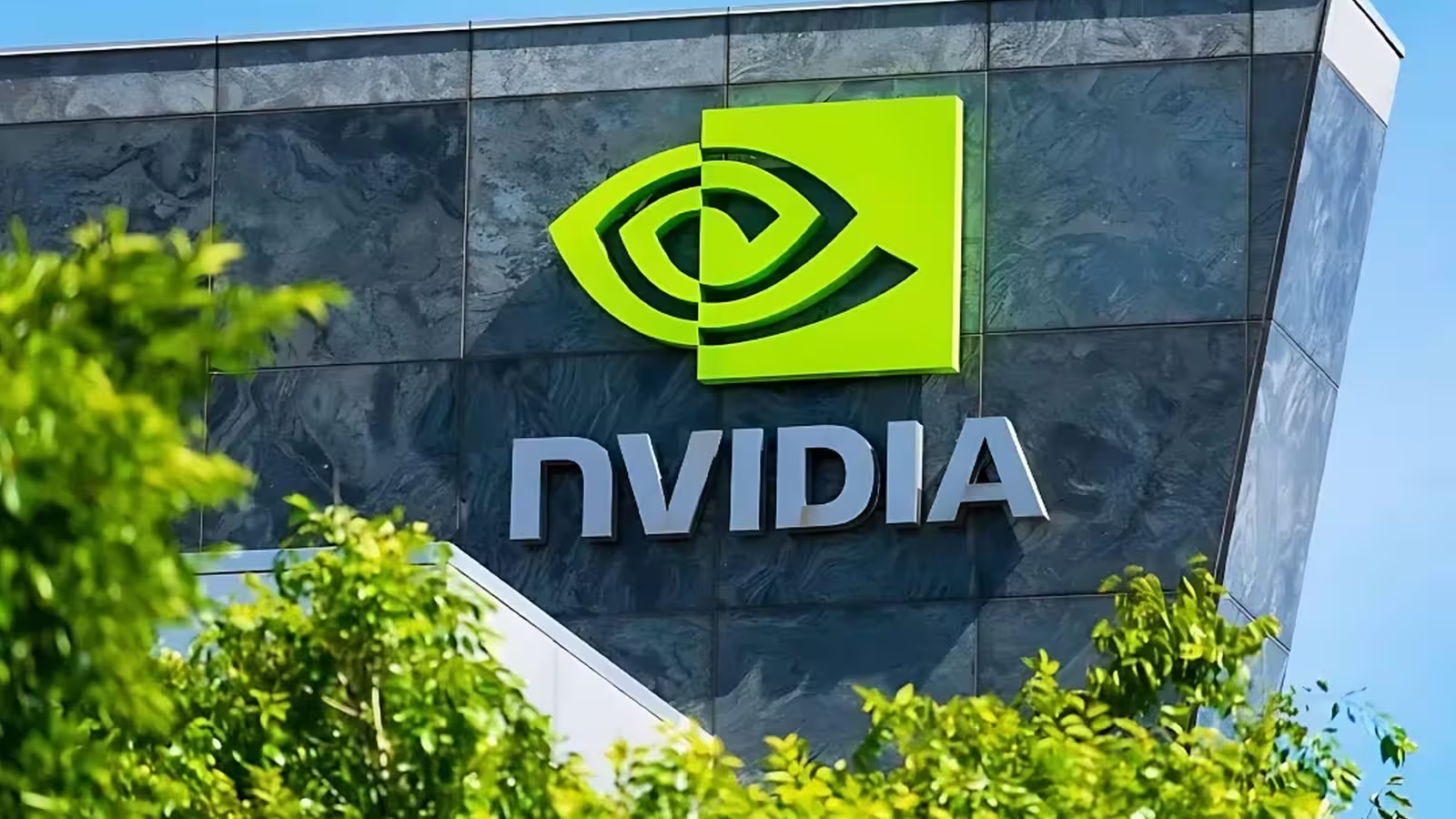2 Minutes
Nvidia’s H20 AI Chip Sales to China Hit Licensing Roadblock
Nvidia, a global leader in artificial intelligence hardware, is facing unexpected delays in securing licenses to sell its advanced H20 AI chips in China. Although the U.S. Commerce Department signaled a policy shift in early July by granting chipmakers conditional approval to export certain AI chips to China, official license approvals for the Nvidia H20 are still pending.
Commerce Department Backlog Impacts AI Chip Market
According to Reuters, the backlog is primarily due to internal staffing shortages and communication breakdowns within the Commerce Department, leading to a bottleneck in processing technology export licenses. This administrative disruption is creating mounting uncertainty for semiconductor companies navigating complex export rules.
Security Concerns Add Further Complexity
The delays coincide with increasing pressure from national security experts, who are urging the current U.S. administration to impose stricter controls over the sale of high-performance AI chips like the Nvidia H20 to China. The primary concern centers on the potential for advanced AI technology to be repurposed for military or surveillance applications, further complicating the regulatory landscape.
Nvidia H20: Product Features and Market Impact
The Nvidia H20 is engineered for AI-driven data processing and deep learning workloads. Known for exceptional computational power and efficiency, it is highly sought after by cloud service providers and large-scale enterprise customers. Restrictions on access to these chips can significantly impact China’s artificial intelligence development initiatives and broader tech industry ambitions.
Comparisons and Use Cases
Compared to previous generations, the H20 offers improved performance in generative AI applications and high-efficiency inference tasks. Its potential to accelerate research, machine vision, and natural language processing solutions makes it a cornerstone for organizations pushing the boundaries of digital innovation.
Global Market Relevance
The ongoing licensing delays underscore the complex intersection of international trade policy, national security, and technological advancement. As the global race for AI superiority accelerates, decisions from the U.S. Commerce Department will play a critical role in shaping access to next-generation GPUs and influencing innovation trajectories worldwide.
Source: techcrunch



Comments